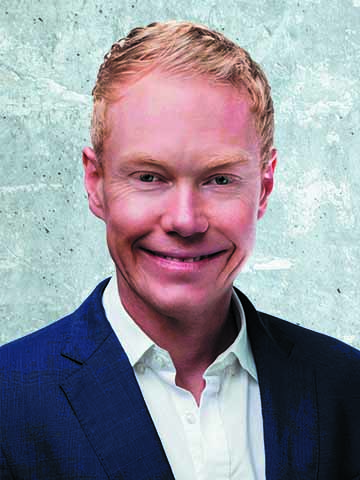Regional, Sub Regional and Singapore Heads of HR got together for a breakfast discussion last week on 10 May at the offices of UBS to discuss some of the latest HR issues in the banking sector in Singapore.
2010 was a year of high growth for many banks across the region and this has caused headaches in stabilising regional and country HR structures. It was also a record year for HR talent movements with many companies having higher than normal attrition as the market has heated up. The breakfast discussion looked at the challenges for the rest of 2011, especially around employee engagement and retention. It was a lively hour and a half discussion, with 24 HR Leaders in attendance.
Issues discussed at the breakfast included the following :
Accepting HR Talent into the Banking Sector from Outside the Banking Space
Most HR Leaders agreed that, in the current tight talent market, one way to avoid the continual ‘musical chairs’ of stealing HR talent from other banks was to look outside the industry. Indeed, the local banking players in attendance talked very successfully of having adopted this approach to find great HR talent. It was also generally agreed that this could work well in certain specialist functions, such as C&B. However, many people talked about business stakeholders still being demanding on wanting HR talent who understand the business and can hit the ground running, particularly with the buoyant economy and fast business growth.
HR Service Delivery Models Becoming More Specialised
HR representatives from the larger banks all talked about the strengthening of shared services functions, bigger centres of excellence, and business partners who have had operational HR lifted from their roles so that they can be more strategic. One challenge discussed was the inability, sometimes, of HR talent wanting to shed the operational components from their roles. It was said that everyone talks about wanting to be strategic, but at least in Singapore there is still a lot of evidence of people holding on to the tactical elements of their roles.
More Robust HR for HR Functions Needed
Some leaders made the point that HR is good at looking after the business, but often not so good at looking after “their own”, in terms of developing internal HR talent. In order to encourage the younger (or even, for that matter, the more mature) HR talent to step out of their comfort zone and deviate from a “safe” career path and challenge themselves, HR mentors and leaders need to help reinforce the value of trying new things. There also needs to be smart career planning to ensure that the career moves of high potential HR talent are planned sometimes several jobs in advance.
Involving the Business in the Development of HR Practitioners
Some attendees spoke about how their Business Leaders were hungry to train their HR Leaders on the commercial side of the business, to counter the ‘missing link’ that junior HR talent exhibit by not embracing the opportunity to truly learn the business. Senior HR talent needs to encourage their teams to be more business savvy and for this to be advanced as an important aspect of career success, rather than just being paid well or having a good title.
Rotating Talent Across Specialisations and HR Business Lines to Ensure Better Retention
Attendees talked about the difficulty of attracting talent into certain specialist roles, in particular rewards and resourcing roles. One creative idea was to allow HR talent to move internally to “try” a specialist role before they commit. Another approach is to double hat individuals into a new role while also allowing them to retain their existing role. Short-term regional assignments are also increasingly being seen as a way to shift high potential HR talent between countries for immediate needs, as opposed to long term assignments which can be costlier.
How HR is Being Pitched as a Career Option for Graduates in Singapore
Most high potential graduate talent are still entering traditional occupations (law, marketing, finance, legal etc), and HR isn’t often seen as a serious option. Some attendees remarked that this was because graduates don’t truly understand what HR is about and where the career path can be lead. Work still needs to be done in this area in Singapore.
Key Contributors:


 Andrea Merrigan
Andrea Merrigan Orelia Chan
Orelia Chan Stanislav Medvedev
Stanislav Medvedev Fleur Daniell
Fleur Daniell Finian Toh
Finian Toh Tim Rayner
Tim Rayner Nicola Hasling
Nicola Hasling Stefanie Cross-Wilson
Stefanie Cross-Wilson


